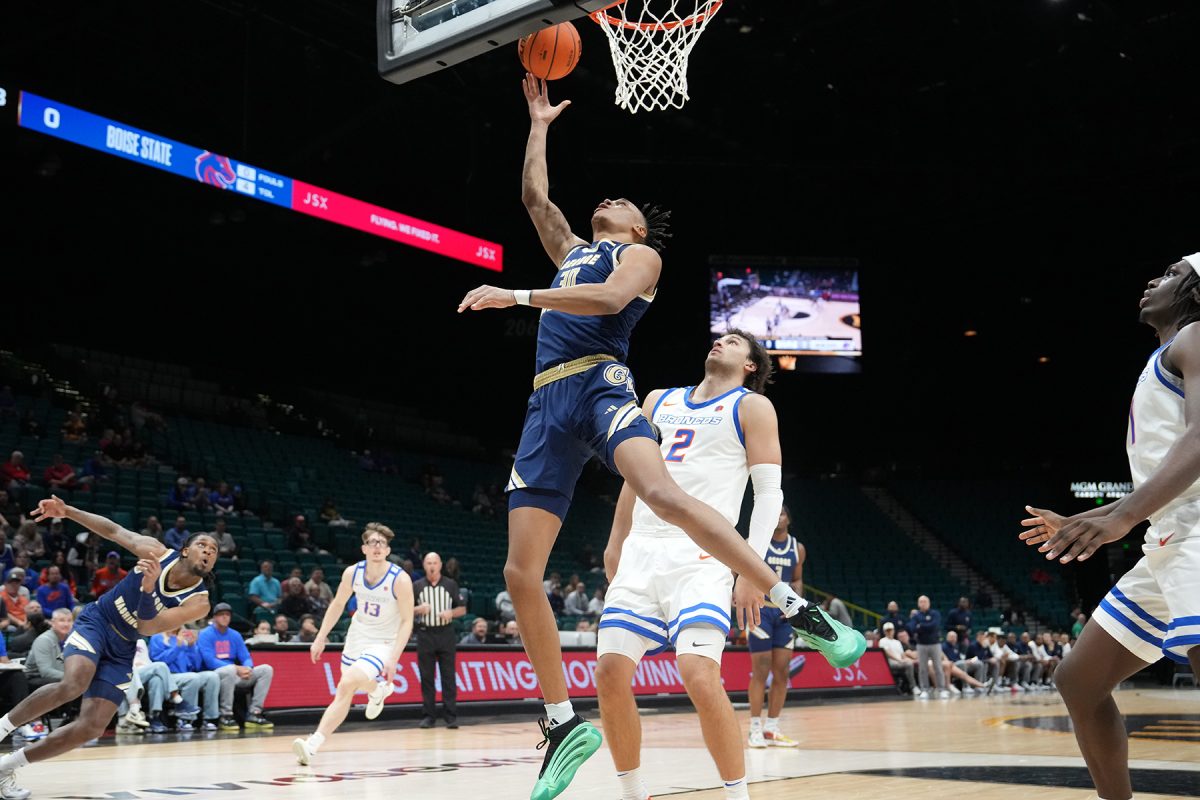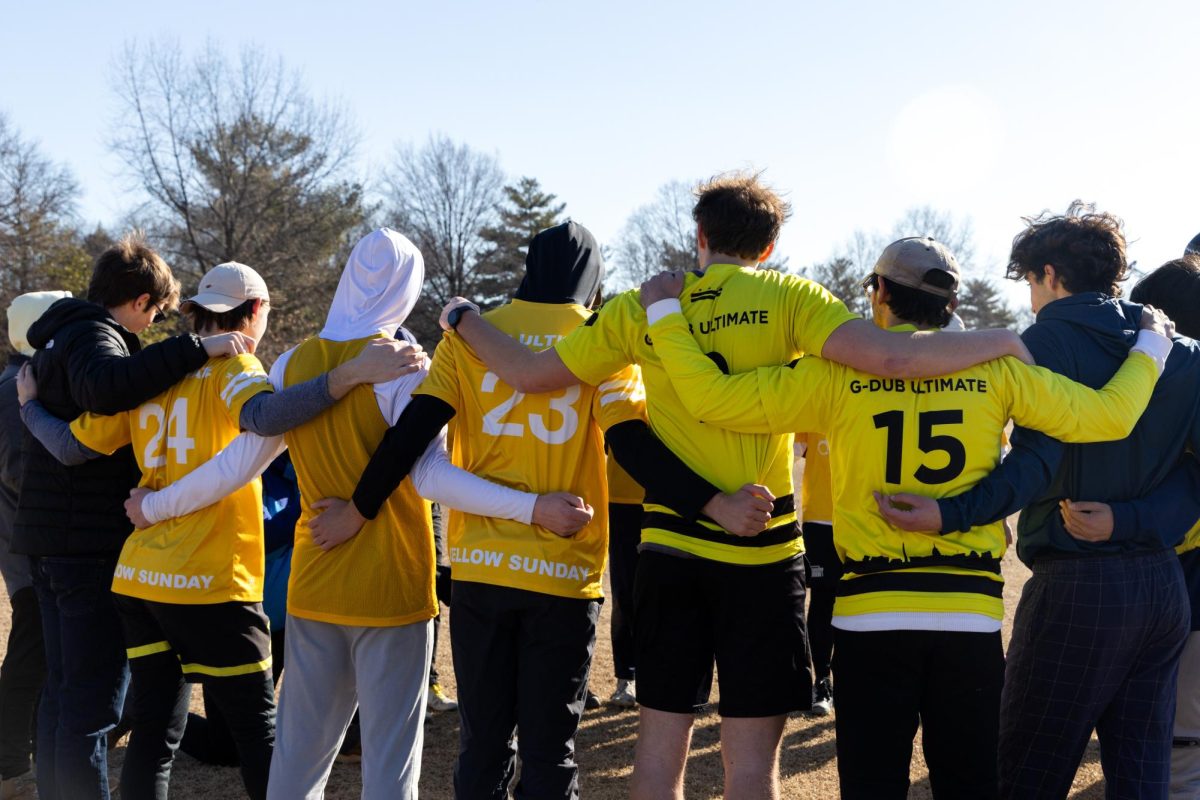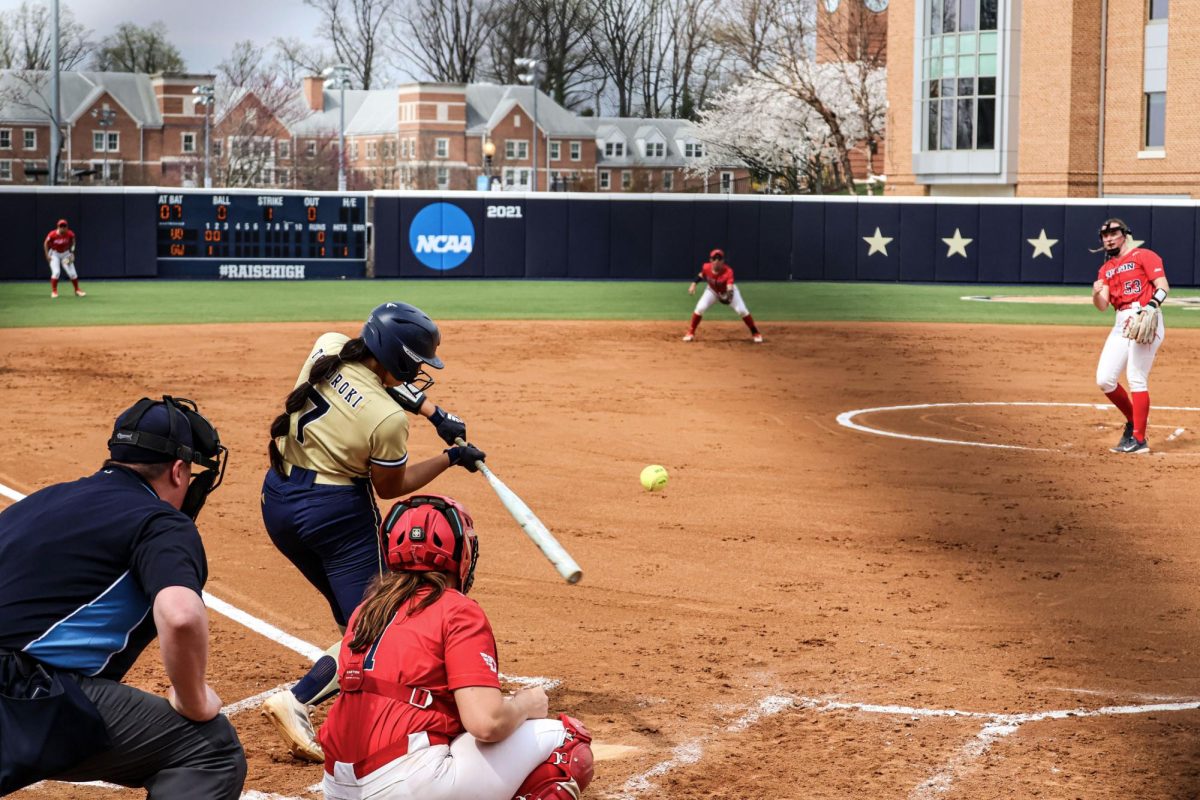“They don’t rebuild, they reload.”
That expression, used to describe powerhouse programs such as Duke who always manage to be in contention for the Final Four, does not apply to GW’s men’s basketball team in the same. But it is starting to be apt on a smaller scale.
The true sign of success for a program is when a coach is able to develop his bench players to step into the roles of departed starters immediately and then recruit talented newcomers to jump in behind them. Generally, this is expected from national powers, where it seems every time one stud is drafted into the NBA, there are two high school All-Americans ready to take his place. It is possible for a mid-major school to create something similar, as legendary coach John Chaney was able to do at Temple and GW’s Karl Hobbs is beginning to do in Foggy Bottom.
Hobbs stepped into a tough situation when he inherited the program in the spring of 2001 from former coach Tom Penders. In Penders’ final two years, the team had a 29-33 record and had a depleted talent base, but Hobbs brought with him the same savvy recruiting touch that helped him land top-tier players such as Richard Hamilton as an assistant at the University of Connecticut.
Hobbs has said repeatedly that a program like GW’s cannot attract the complete player and must target athletes with potential and then develop their all-around game, but more and more high-profile recruits are giving GW a look.
“We’ve done a great job identifying the kids who can excel here. And then we’ve done a great job developing them into great basketball players,” Hobbs said,
This year’s recruiting class is headlined by four highly regarded players: Xavier Alexander, Miles Beatty, Joseph Katuka and Jabari Edwards, some of whom may see immediate playing time. Alexander was the Oklahoma Player of the Year after leading his team to the state championship and Hobbs has mentioned him as being the type of player GW would not have had a chance at getting in the past. Now, Wesley Witherspoon, the 57th-best prospect in the country according to some sites, is reportedly thinking about joining his brother Wynton at GW.
The coaching staff as a whole continues to do an excellent job of identifying players who fit the system they want to run and molding them into solid all-around players. Hobbs credited assistant coach Darrell Brooks with bringing in Alexander.
One of the best indicators of Hobbs’ consistently strong recruiting is that in his first five years at the helm, four of his players have made the Atlantic 10 All-Rookie Team. Without a huge state school campus or brand-new giant arena to sell to players, he said it is necessary to get an early start and be creative in his tactics.
“We start evaluating end of sophomore year (in high school) now,” he said. “Recruiting is so competitive. We have to get involved with kids as soon as possible. Identify the ones who can exceed on and off the court.”
He added, “I understand who we are in the grand scheme of things. We cannot compete with 90 percent of the teams in our league from the standpoint of – in the world of ‘recruiting’ – enticing kids to come because of blowing them away with the gym or locker room. With that being said, we can’t whine, we can’t complain and we can’t make excuses. But we can be creative in our approach to recruiting and that’s what we’ve been able to do. At the end of the day, someone’s going to ask, how many games did you win?”
Hobbs’ recruiting has certainly brought a new sense of yearly excitement to Foggy Bottom, with students and fans knowing the team is a contender each year, regardless of who recently graduated.
Hobbs said “I only want to coach kids who want to be special. Character is the number one issue.”






